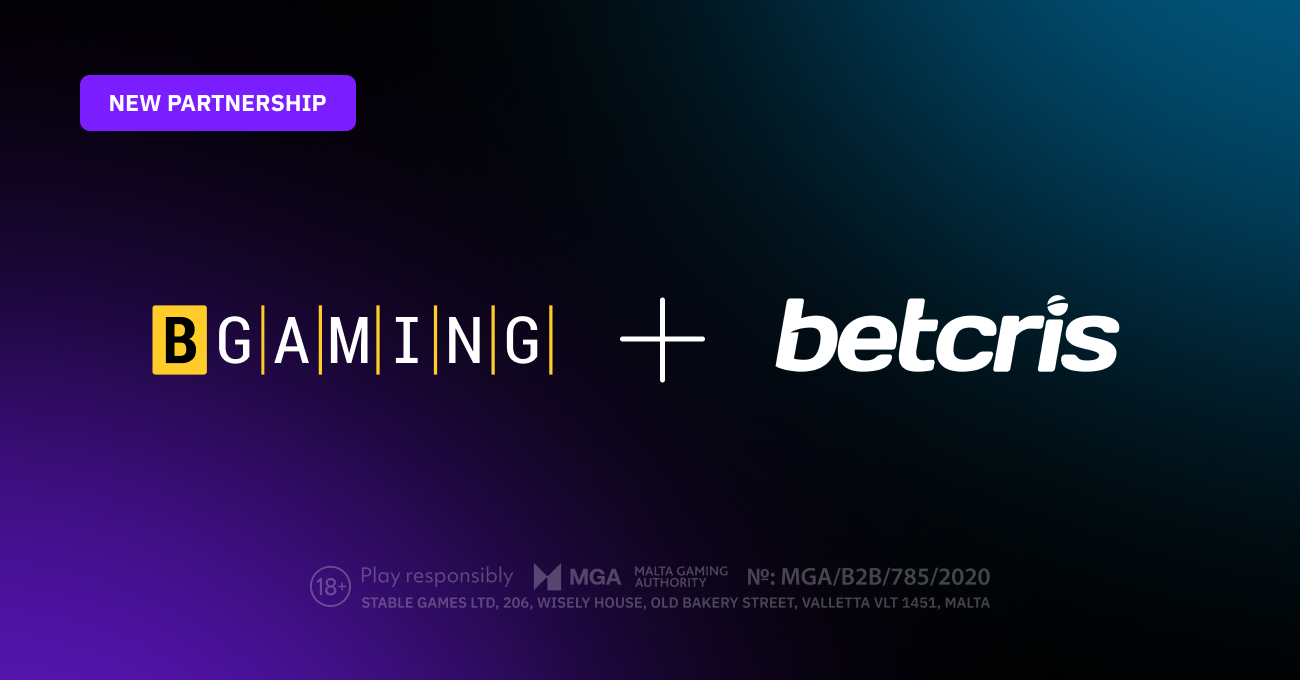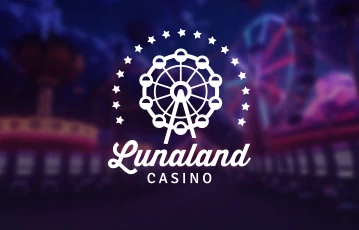This is the first installment of new column MICHAEL HOLDEN’S ATTENTION CASINO, and is taken from the spring 2025 edition of VICE magazine: THE ROCK BOTTOM ISSUE. To subscribe to receive 4 print issues of our newly relaunched magazine each year, click here.
If recent statistics are to be believed, finishing books is now a radical act even for students, an antique gesture presumably followed on the going-out-of-style ladder by opening one at all. If you reached the end of that sentence, you’re an outlier. Keep reading ‘this’ without turning away to look at ‘that,’ and prepare to fall off the edge of the modern world. As a sometimes-academic and long-term writer, I find the physicality of the published object to be a pleasure and a tangible fact. It is with mixed feelings, then, that I admit one of the most prescient volumes I’ve consumed from cover to cover didn’t have any covers at all.
Addiction by Design is Natasha Dow Schüll’s study of how machines and spaces direct our attention. I came back to that text, and its handy Kindle highlights, when it occurred to me that the idea of an ‘attention economy’ is no longer adequate for what we are enmeshed in.
‘Economy’ suggests some kind of nexus (however obscure) of cause and effect—a more resonant, relevant image for the contemporary experience might be an ‘attention casino.’ This phrase debuted in a 2019 Medium essay about TikTok whose writer noticed that the app acted in a casino-like fashion by removing distractions (taking over the screen, speakers, and so on) while offering its creators an “attention jackpot” via the proximity of sudden, perhaps even global fame. My contention is that the essay doesn’t go far enough. The attention casino isn’t just TikTok, it is absolutely everywhere. The addiction, designed, now works by default.

Schüll’s book abounds with detail about casino engineering and experience, from the more lurid outcomes of surrendering one’s attention (people wearing extra layers of protective underwear so they can urinate while playing) to the subtler means by which we are encouraged to behave this way. “Our best customers,” one casino game developer tells Schüll, “are not interested in entertainment—they want to be totally absorbed.” This kind of testimony intersects with insights from addicted gamblers who are aware that this is no longer about winning. What these players speak about is, “the zone… a state of ongoing, undiminished possibility which came to trump the finite reward of a win.” This, I would speculate, is how many of us feel now much of the time, though it’s not just wins that are becoming hard to come by, but any sense of permanence at all.
It may not have escaped what’s left of your attention that the standard working patterns and environments of our era have evolved in step with TikTok’s allure and Vegas’ air-conditioned empire of sensory deprivation. We can summon food to our desks and screens in a manner that unites employees everywhere with Nevada pensioners at the slots—by all means open your mouth and swallow, but don’t take your eye off the ball.
The notion of time (in the sense of fixed working hours or ring-fenced social and spiritual occasions) has become un-boundaried yet as invisible as a casino clock. What remains is a sense of being hurried, perhaps even late. We are ever ready, but are we necessary? Well, there’s the rub. Yes, in the sense that the casino needs us, which, for the moment it does. What isn’t required is that we have to attend any particular location, nor, by extension, can it be escaped. Time and phones being what they are, we carry the attention casino like a germ. It is without walls, but we are nonetheless within a kind of spectral ‘house,’ and the house and its proprietors always win.
There are social historians who consider the acts of enclosure, trespass, and so on the beginnings of the individual’s subordination to the state. What the 13th century peasant harried off common land and taxed for relocating would find baffling is that today we bring our incursion with us, and fret when it loses power. We don’t just attend the casino, we attend to it. This is the ‘total absorption’ dreamt of by its designers (and offered, one hopes, by the player’s underwear).
“Reality television has been supplanted by reality itself in a zero cost/huge yield self-uploaded singularity.”
You need not seek out Schüll’s book to dive deeper into this stuff; like food, you can summon a PDF of Guy Debord’s The Society of the Spectacle on your screen in seconds. I used to think this 1967 essay was more Marxist than modern, but looking at it today there are moments of undeniable prophecy—and of course, he could write. His spectacle (and my derivative casino concept) are, “the sun that never sets on an empire of modern passivity. It covers the entire globe basking in the perpetual warmth of its own glory… the perfect image of the ruling economic order, ends are nothing and development is all.”
Again, it is not about winning.
The ‘zone’ in the casino where we find ourselves is not one of comfort. In fact, it runs on stress, anxiety, and a replica of togetherness experienced mostly while alone. The book that offers the most insight here is somewhat inaccessible; Angela Patmore’s Sportsmen Under Stress may be out of print, but it’s right on the money. Patmore’s idea is that at a certain level, the differences between elite players are so marginal that we aren’t watching to see who ‘beats’ whom, but who collapses under stress and who doesn’t.

Given that elite contests are infrequent (participants must recover) and tightly priced, consider our more incessant, accessible entertainments. Costly movies gave way to television which gave way to reality television. Reality television has been supplanted by reality itself in a zero cost/huge yield self-uploaded singularity. Apply Patmore’s model of why we watch sport and recognize that we have become the stressed, insatiable audience of our (at best) anxious selves. We are beguiled until we go mad, and when that happens, someone films it. What happens in Attention Vegas doesn’t stay there—it goes everywhere, and becomes more permanent than we are.
The frozen spectacle of our breakdown is in contrast to the constant motion of our alleged normality. From professions to books, we are not encouraged nor can we afford to settle on anything for too long. Our reaction when our fellow players attain the rank of politician or celebrity and then stumble, is to chant at them (as though they were inept referees): “You don’t know what you’re doing.” How could they, though; how could any of us? Told that we were tired of experts, we turned everything into amateur hour, including ourselves.
“The aim,” says Schüll, of addicted gamblers, “is not to win, but continue.”
Our professional lives, such as they are, resemble stress-propelled roulette spins. Again, it was foretold. In Robert De Board’s 2014 Psychoanalysis of Organizations he observed that, “stress manifests itself in an inability to concentrate on long-term plans or objectives. In the danger situation, the present is all that matters, the senses are stimulated to deal only with things that are immediate. People tend to behave without considering the long-term effects of their action. However, if the stress remains unresolved, tomorrow becomes yet another battlefield.” Eleven years ago that was a description of a symptom, but it has become a business model. “The danger situation” is a self-rebooting everyday experience, a source of endless novelty and panic, and an active template for political control.
As we wrench our vision from our work—or the search for it to a series of violent and seemingly unending spectacles we can do little about—we might wonder, if this is a casino, where the fun is? As Schüll’s book has it, in the well-made casino the win and the reward are ideally nearby, within eye and earshot, but never quite arriving. Meanwhile we play on, powered by an alternating current that suspends us somewhere between anxiety and the promise of ‘the zone.’ “The aim,” says Schüll, of addicted gamblers, “is not to win, but continue.”
One could argue that we are not quite there, not yet, not all of us, not all of the time, but if we accept that the wins we are offered are a kind of illusion, then we need to reframe our questions. We have become stuck in the childhood backseat inquiry of ‘Are we there yet?’ We may not feel we have the wheel, but it is time to question where the exits lie.
Follow Michael Holden on Substack
This is the first installment of new column MICHAEL HOLDEN’S ATTENTION CASINO, and is taken from the spring 2025 edition of VICE magazine: THE ROCK BOTTOM ISSUE. To subscribe to receive 4 print issues of our newly relaunched magazine each year, click here.





